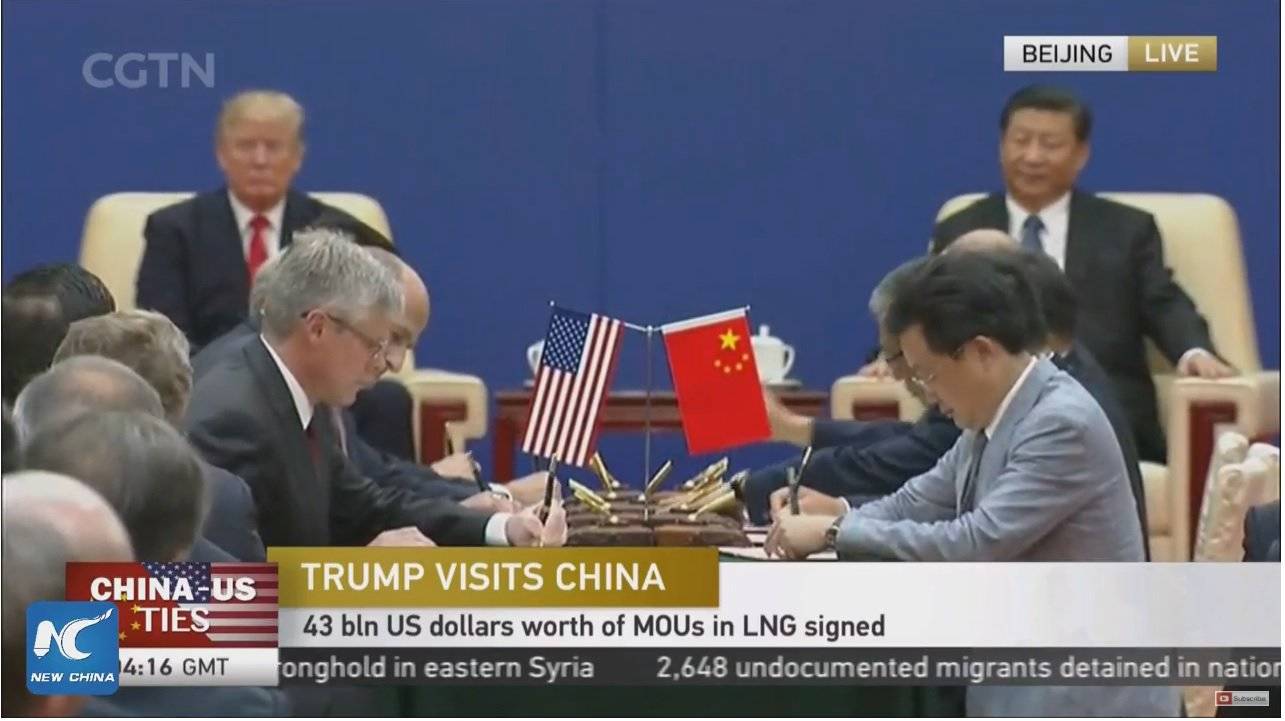House lawmakers on Wednesday said they remain cautiously optimistic about the future of a trans-Alaska natural gas pipeline following a presentation by the leaders of the state-owned company charged with completing the multibillion-dollar project.
Keith Meyer, president of the Alaska Gasline Development Corp., was joined by company vice presidents Frank Richards and Lieza Wilcox in a two-hour presentation to the House Resources Committee.
The Alaska Legislature is charged with oversight of AGDC and its funding. Lawmakers have grown increasingly pessimistic about the project in recent years, and a move to partially de-fund the corporation was narrowly defeated in last year’s Legislature.
Rep. Geran Tarr, D-Anchorage and a co-chairwoman of the committee, said Wednesday that “So far, it seems like they’re meeting deadlines … with their skeleton staff.”
With Alaska facing a multibillion-dollar budget deficit, AGDC isn’t planning on any additional support from the state in the near term. Instead, it’s attempting to drive forward and sign deals with natural gas buyers. With those deals in hand, it would be able to turn around and borrow money or attract investors to the project.
In 2017, Gov. Bill Walker signed a landmark cooperation agreement with several Chinese corporations in a gala ceremony held in Beijing in front of President Donald Trump and Chinese President Xi Jinping. AGDC hopes Chinese funding will help close the gap in its books.
Lawmakers would like to see that, too, but they remain somewhat skeptical.
“I told someone the other day I won’t feel comfortable until I see those Chinese jets with the red star on the tail unloading pallets of cash,” said Rep. Chris Birch, R-Anchorage and a member of the resources committee.
In a briefing with reporters Wednesday, Meyer said the corporation has just finished answering 801 questions from the Federal Energy Regulatory Commission, which must approve a license for the project.
That license may be years away, but Meyer said AGDC is pursuing an “aggressive” timeline for getting approval of that license and the many other permits required for construction.
“It takes time. We’re actually working on a pretty aggressive schedule,” Meyer said.
Meyer said the current project timeline envisions finishing regulatory approval sometime in 2019, allowing the state and others to make a final investment decision next year.
He said the state has been aided by the White House, which is interested in the project.
“It’s been very helpful to have the Trump administration’s support,” Richards said.
• Contact reporter James Brooks at james.k.brooks@juneauempire.com or call 523-2258.

